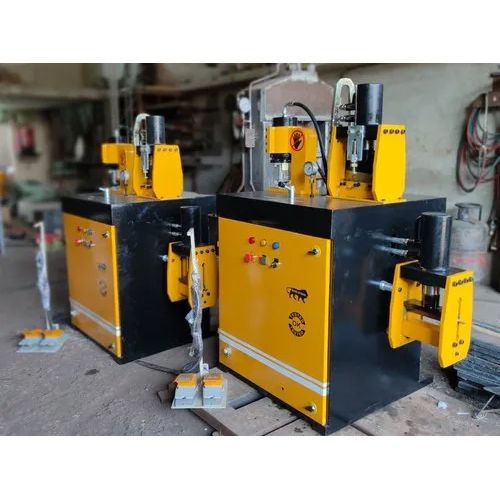In the ever-evolving landscape of technology, one term that has garnered significant attention is “Machine.” busbar machine have become an integral part of our lives, transcending from mere tools to complex entities that drive innovation and reshape industries. The influence of machines is pervasive, from artificial intelligence (AI) and robotics to the Internet of Things (IoT). In this article, we delve into the multifaceted world of machines and their profound impact on our present and future.
The Rise of Artificial Intelligence: Artificial Intelligence, or AI, is at the forefront of the machine revolution. It has transformed the way we interact with technology, enabling machines to simulate human intelligence and perform tasks that were once the exclusive domain of humans. AI-driven applications are now part of our daily lives, from virtual assistants like Siri and Alexa to autonomous vehicles that promise to revolutionize transportation.
Machines in Healthcare: One of the most promising applications of machines lies in the healthcare sector. AI-powered diagnostic tools can analyze vast amounts of medical data to aid in early disease detection and treatment planning. Surgical robots are assisting surgeons with greater precision, while wearable devices monitor our health in real-time. These innovations are extending human life expectancy and improving the quality of healthcare services.
The Impact on the Workforce: The widespread adoption of machines is not without its challenges. Automation threatens certain job sectors, particularly those involving repetitive, manual tasks. However, it also opens up new opportunities in fields like data science, machine learning, and robotics. The workforce of the future will need to adapt and acquire new skills to stay relevant in an increasingly automated world.
Machines and Sustainability: Machines are also playing a crucial role in addressing pressing global issues such as climate change and sustainability. Advanced sensors and data analytics are helping industries reduce their environmental footprint, optimize energy consumption, and minimize waste. From smart agriculture practices to energy-efficient buildings, machines are driving sustainable solutions.
